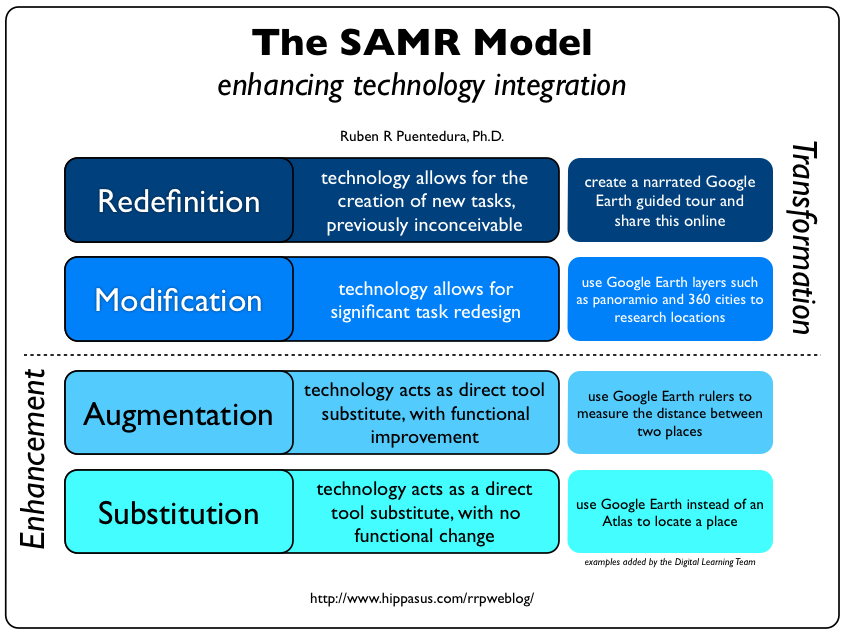What do they think of assessment?
It's a bit of 'how long is a piece of string' question, but an important one to ask nonetheless. Have you ever asked? I'll admit that I don't ask very often, but recently I have and the answers were as fascinating as they were varied.
By the middle of last year, my students were very clear that assessment was about OUR understanding. Assessment pieces were typically designed by the class and I with our learning intentions (often the Australian Curriculum) in plain sight. They knew that I was more interested in seeing their growth in understanding than in pretty borders or flash .gifs. (Unless that's what we'd be learning!) AND that I would give them lots of feedback. They also knew that at the end of the day I'm constrained, by the system we're operating in, by assigning a grade and the parameters that imposed. So. Together we'd come up with an assessment that met all of our needs. Often the process of coming up with the assessment told me a lot of what I needed to find out anyway. These kids enjoyed assessment as a medium for collaborating with me to demonstrate all of our progress - mine included - and identify areas for growth. They enjoyed it, and saw it as an opportunity for all of us to identify our next steps in learning.
This year has started with the usual round of baseline 'tests'. No one loves these right? Wrong. A few of my students were excited to sit the Westwood Spelling Test to see if they'd 'kept' everything over the holidays. And even more were just keen to show me where we need to start this year. Our maths fluency tests were the same deal. One particular student who was doing a particular program to help him out last year was 'jump up and down' excited to see his results actually grew over the summer break.
Discussions after these tests showed me that most kids do hate tests, but they don't hate assessment if they know the purpose of the assessment - even if the purpose seems ridiculous is to help a teacher with some research, or provide baseline data for a study. And so that's my lesson. Or at least part of it.
Student voice is the other part. Authentic student voice changes everything. Even the things they hate, perhaps especially the things they hate.
This relates to the following Australian Professional Standards for Teachers...
Standard 3 Plan for and implement effective teaching and learning.
Standard 4 Create and maintain supportive and safe learning environments.
Standard 5 Assess, provide feedback and report on student learning

